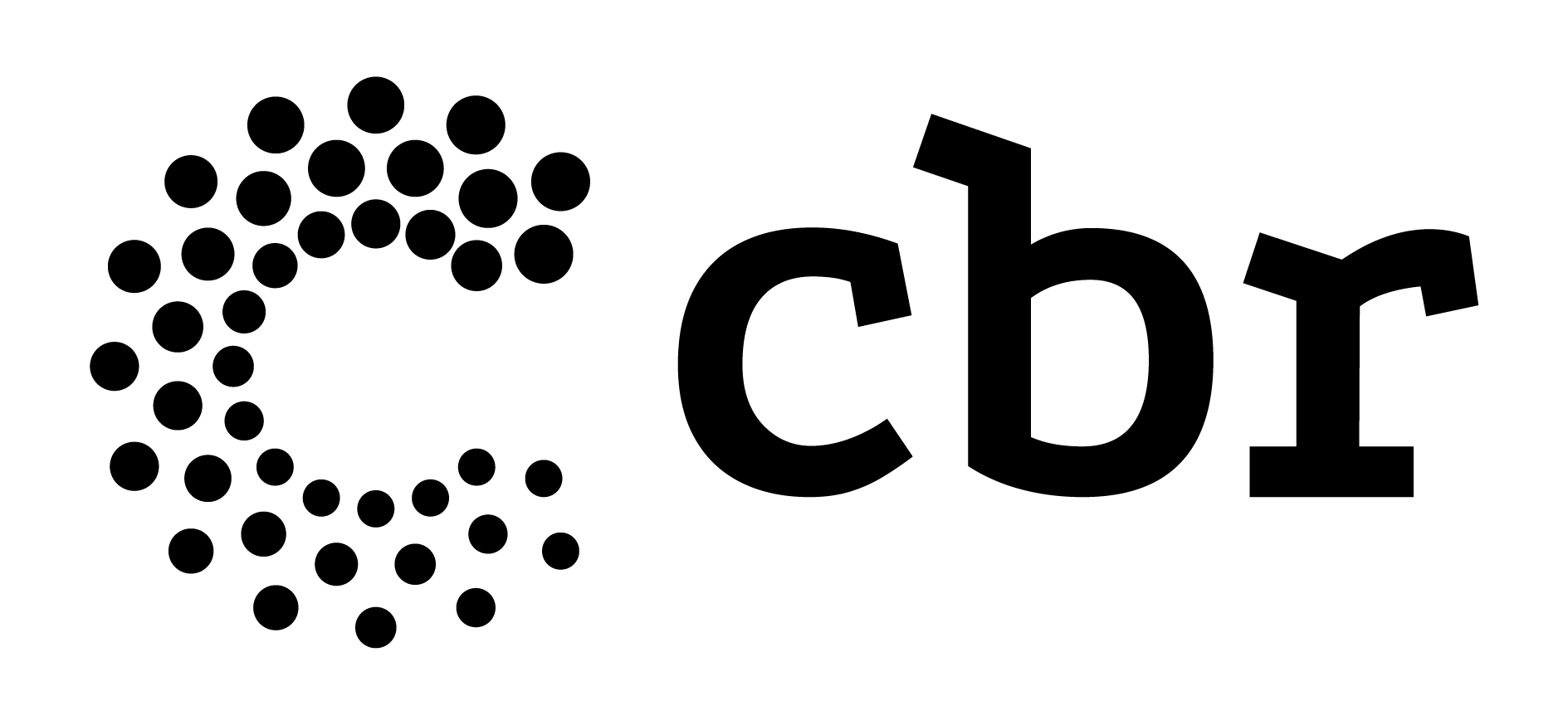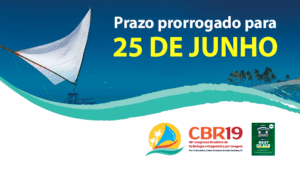Best works will win ticket, accommodation and registration for ECR 2020
Another novelty at the Brazilian Congress of Radiology (CBR19), the submission of papers for this edition is accompanied by a series of incentives for sending scientific and educational papers to the event.
A complete package will be offered to the first authors of the best scientific and educational works with tickets, accommodation and registration for the ECR 2020 (European Congress of Radiology), in Vienna. There will be two awards for “Best Scientific Work” and one award for “Best Educational Work (review work)”. Remembering that only the first author will receive this award.
According with the doctor. Marcos Duarte, coordinator of the Scientific Works Committee, this type of stimulus is very important and confirms the history of CBR as an institution that supports its members on several fronts. “We noticed a special concern of the last administrations with continuing education through face-to-face and online courses, as well as increasingly interactive classes during the CBR Congresses. This year, we will have great news for research radiologists or those interested in the development of scientific and educational work. We know how dedicated and dedicated these members are to conduct and complete their studies. The intention with these awards is to encourage greater adherence and quality of submitted works, rewarding the best of this year's congress”, he explains.
doctor Marcos adds that to be considered distinguished and, therefore, to be awarded, a scientific work must, above all, be a work carried out with quality “respecting the proposed methodology, containing its own and original material, expressive results and, preferably, that has been approved by an ethics and research committee”.
Definitions
Free topics: oral presentations held on a specific day and time, limited to 8 minutes, followed by 2 minutes for discussion and questions, at the discretion of the session coordinator. Free themes are, preferably, original works that show the experience of the authors or the institution in subjects even with partial results. The presenter must be registered in the Congress.
Electronic panels: presentations of scientific works through a series of digital screens available only on computers arranged in a multimedia station set up at the event for this purpose. Before submitting a work, it is recommended to carefully read all the information contained in this regulation. Works that do not comply with the described specifications will be disqualified.
types of jobs
Original Work: Demonstrates the research and results of preferably unpublished themes, reflecting the experience of the authors or the institution. It must contain a clear sample and methodology, with consequent results, even if still partial.
Iconographic essay: based on a subject of great interest. The main objective is to demonstrate images that must be very illustrative and in accordance with the chosen subject. The text should be very succinct, giving priority to examples of images. It does not require a bibliography, being able to refer only to some recommended readings.
Illustrations and content must be by the author and/or institution, not collected from literature or electronic media.
Case report: is the brief presentation of a single case. The case must be of interest to the specialty and the didactic value must be discussed. The images must be very illustrative.
How to prepare?
The preparation of a quality original scientific work involves several steps. Check out tips from Dr. Marcos Duarte:
– Establish a hypothesis or a scientific question;
– Carry out a historical and updated review of the literature on the subject;
– Define clear and concise objective or objectives;
– Choose an appropriate methodology that, according to the available resources and the purpose of the study, is capable of providing subsidies for the analysis of results, confrontation with data from the literature and, finally, conclusions.
“These steps are taken over months or years. Our intention is to further encourage radiologists' involvement in the art of research. Those who produce knowledge also learn. A virtuous circle between research and learning is thus developed. We know that it is a habit increasingly embraced by radiologists. Remembering that the best iconographic essay will also receive a similar award”, he reinforces.
The submission deadline is June 25th, stay tuned.
Information and submission at: https://congressocbr.com.br/submissao-de-trabalhos/




